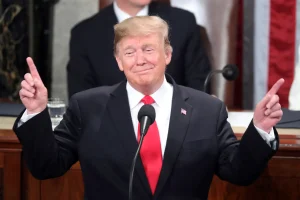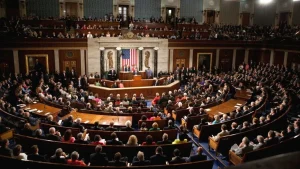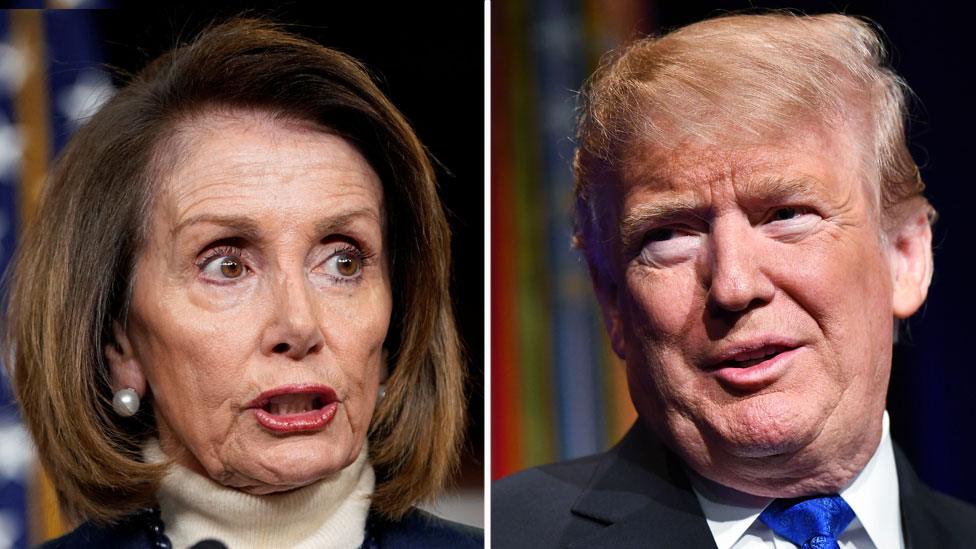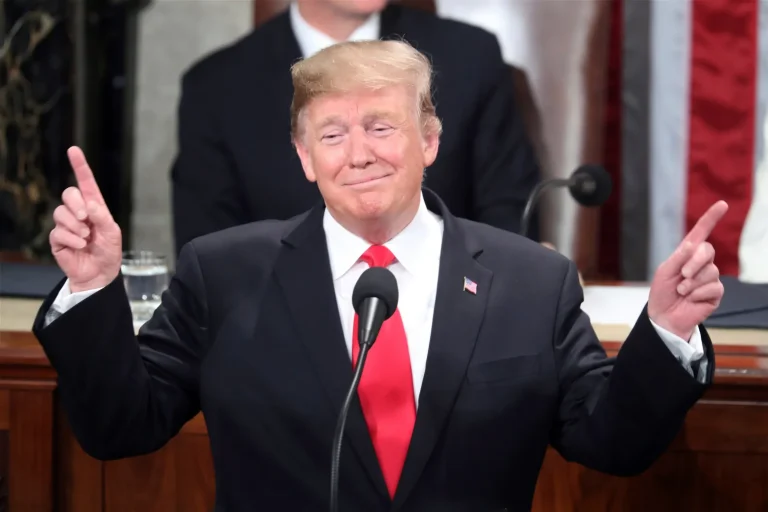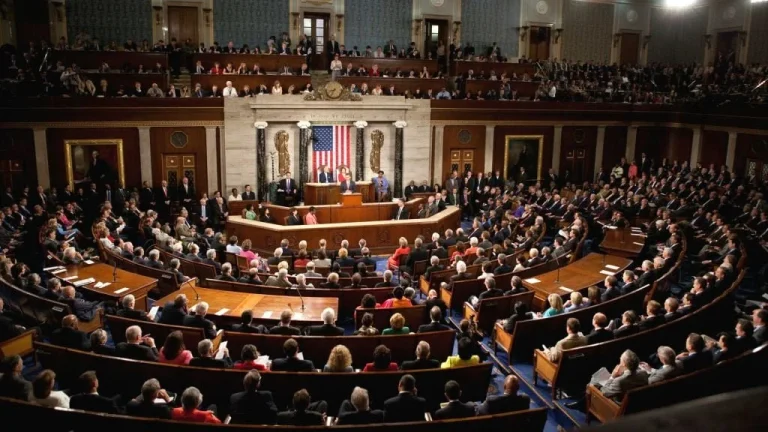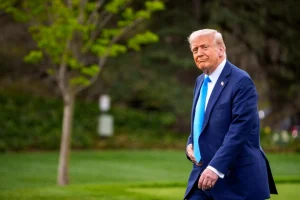The issue of stock trading by members of Congress and senior government officials has come under intensified scrutiny as the U.S. Senate recently advanced a significant bipartisan bill aimed at prohibiting stock trading and ownership by sitting members of Congress, as well as the president and vice president. This legislative effort reflects growing bipartisan concern about potential conflicts of interest and the appearance of insider trading by elected officials.
The bill, championed by Senator Josh Hawley (R-MO), passed narrowly by an 8–7 vote in a key Senate committee. Its passage represents a critical step toward reforming the financial conduct of lawmakers and restoring public trust in the integrity of federal governance. Proponents argue that prohibiting individual stock trading among top elected officials will help eliminate real or perceived abuses of power related to access to sensitive information and policy influence.
Public concern over stock trades by lawmakers has steadily increased in recent years, fueled by reports revealing well-timed purchases and sales of stocks in companies directly affected by pending legislation or government actions. This scrutiny has put pressure on Congress to enact meaningful reforms to close loopholes and increase transparency around elected officials’ financial activities.
Among the most scrutinized figures in this ongoing debate is former Speaker of the House Nancy Pelosi. The trades in question often involve transactions conducted by Pelosi’s husband, Paul Pelosi, which have raised questions about whether nonpublic information accessed through Pelosi’s official role may have influenced these investment decisions. These stock trades have generated significant public attention because of their size, timing, and apparent correlation with major government announcements or legislative developments.
Critics argue that such trading activity undermines the public’s confidence in elected representatives and perpetuates perceptions of a political elite benefiting financially from privileged information. This concern has galvanized bipartisan efforts to tighten ethics rules and enforce stricter prohibitions on financial dealings by public officials.
Supporters of reform highlight the urgent need to address the problem comprehensively. They emphasize that members of Congress and executive branch leaders are privy to sensitive and often market-moving information not available to the general public. Allowing these officials to trade individual stocks creates conflicts of interest and can distort policy decisions, eroding the principle of fair and equal governance.
“The integrity of our democracy depends on the public’s trust that elected officials act in the best interests of their constituents, not their own financial gain,” Senator Hawley said in a recent statement. “This legislation is a necessary step toward ensuring that lawmakers cannot leverage their positions for personal enrichment.”
The bill’s advancement in the Senate committee marks a key milestone, but it faces hurdles ahead as it moves to the full Senate and subsequently the House of Representatives. Legislative opponents have raised concerns about the scope of the restrictions and potential unintended consequences, including impacts on officials’ financial planning and participation in the stock market.
Debates have also emerged regarding the enforcement mechanisms and the extent to which blind trusts or divestment requirements should be mandated. Some members argue for allowing indirect investments or diversified funds as alternatives to outright prohibitions, seeking to balance ethical safeguards with practical financial considerations.
This legislative push occurs amid renewed public and political focus on specific cases of high-profile stock trading by members of Congress and their families. These cases have intensified calls for reform and brought the issue to the forefront of political discourse.
One prominent example involves allegations surrounding Speaker Pelosi’s family investments. Reports have highlighted that Paul Pelosi’s trading activity resulted in returns that significantly outperformed the broader market, drawing speculation about whether these results were influenced by privileged information obtained through his wife’s congressional role.
The timing and scale of these trades have been a subject of debate, with some observers contending that they exemplify the need for stronger regulations to prevent conflicts of interest. While Pelosi has denied any wrongdoing and asserted that she does not engage in her husband’s investment decisions, the spotlight on these transactions has fueled bipartisan momentum for legislative change.
In parallel, President Donald Trump publicly expressed support for investigating such allegations of insider trading involving Pelosi. At a recent press conference, he characterized Pelosi’s financial gains as “disgraceful” and suggested that an official inquiry should examine whether nonpublic information influenced these transactions.
Trump stated, “Nancy Pelosi became rich by having inside information. She made a fortune with her husband, and I think that’s disgraceful.” He further alleged that Pelosi’s returns were “unbelievable” and among the highest in Wall Street history, implying that these results warranted formal investigation.
https://twitter.com/EricLDaugh/status/1950615749074239499
These comments have added a highly charged political dimension to the ongoing debate over congressional stock trading and ethics reforms. Critics of Trump’s remarks argue that they reflect political posturing, while supporters see them as an important call for accountability.
Amid the heightened attention, Pelosi has dismissed the accusations as baseless, reaffirming her support for bans on stock trading by members of Congress and emphasizing her lack of involvement in her husband’s investment activities. She has called for the legislative reforms to be enacted promptly to restore public confidence.
The legislative effort to ban stock trading among federal officials has broad implications for governance and ethics standards. It aims to address long-standing concerns that elected representatives should not be in a position to profit from insider knowledge or use their offices for personal financial gain.
As the bill proceeds through the legislative process, observers expect intense debate over its provisions and enforcement, reflecting broader tensions between ethical governance and individual financial rights. The outcome will signal how Congress balances these competing interests and whether meaningful reform is achievable in the current political climate.
In conclusion, the push to restrict stock trading by members of Congress, the president, and vice president responds to widespread calls for increased transparency and accountability. It represents a critical effort to safeguard the integrity of federal institutions and to ensure that public servants serve the public interest above personal enrichment.

Emily Johnson is a critically acclaimed essayist and novelist known for her thought-provoking works centered on feminism, women’s rights, and modern relationships. Born and raised in Portland, Oregon, Emily grew up with a deep love of books, often spending her afternoons at her local library. She went on to study literature and gender studies at UCLA, where she became deeply involved in activism and began publishing essays in campus journals. Her debut essay collection, Voices Unbound, struck a chord with readers nationwide for its fearless exploration of gender dynamics, identity, and the challenges faced by women in contemporary society. Emily later transitioned into fiction, writing novels that balance compelling storytelling with social commentary. Her protagonists are often strong, multidimensional women navigating love, ambition, and the struggles of everyday life, making her a favorite among readers who crave authentic, relatable narratives. Critics praise her ability to merge personal intimacy with universal themes. Off the page, Emily is an advocate for women in publishing, leading workshops that encourage young female writers to embrace their voices. She lives in Seattle with her partner and two rescue cats, where she continues to write, teach, and inspire a new generation of storytellers.


